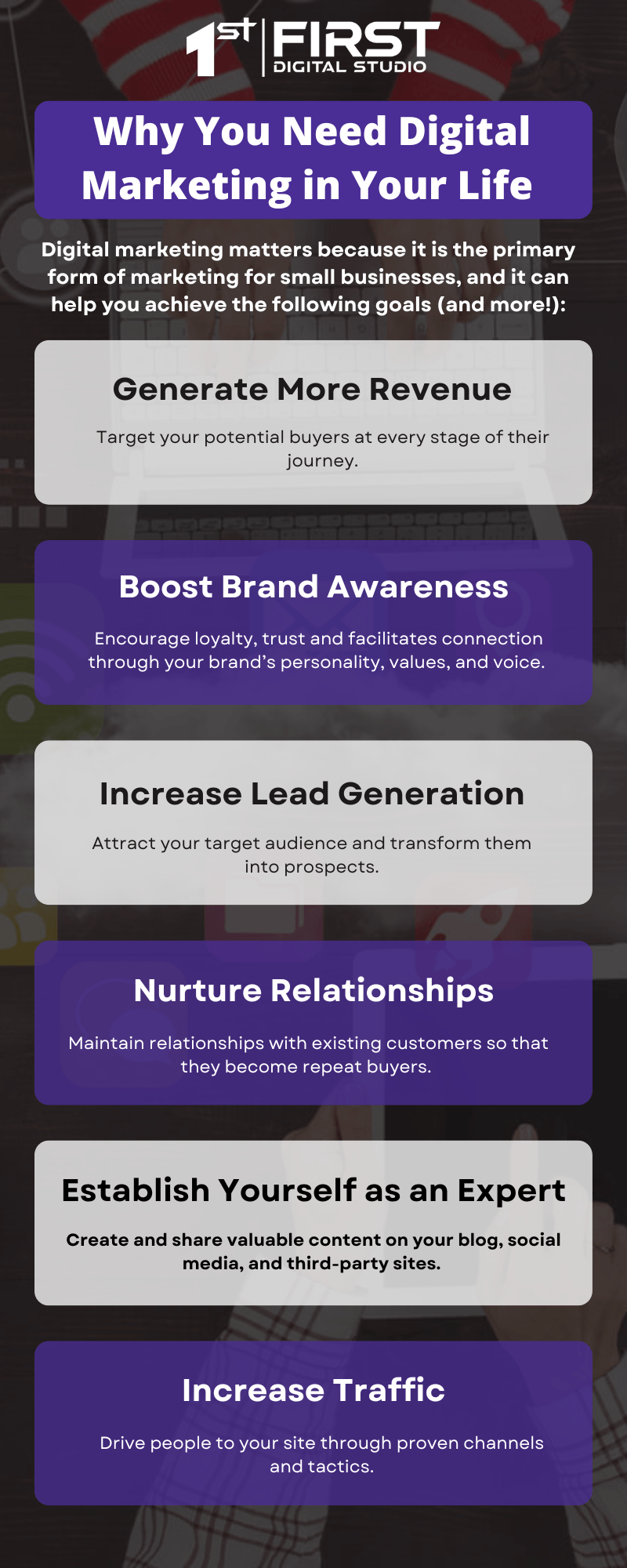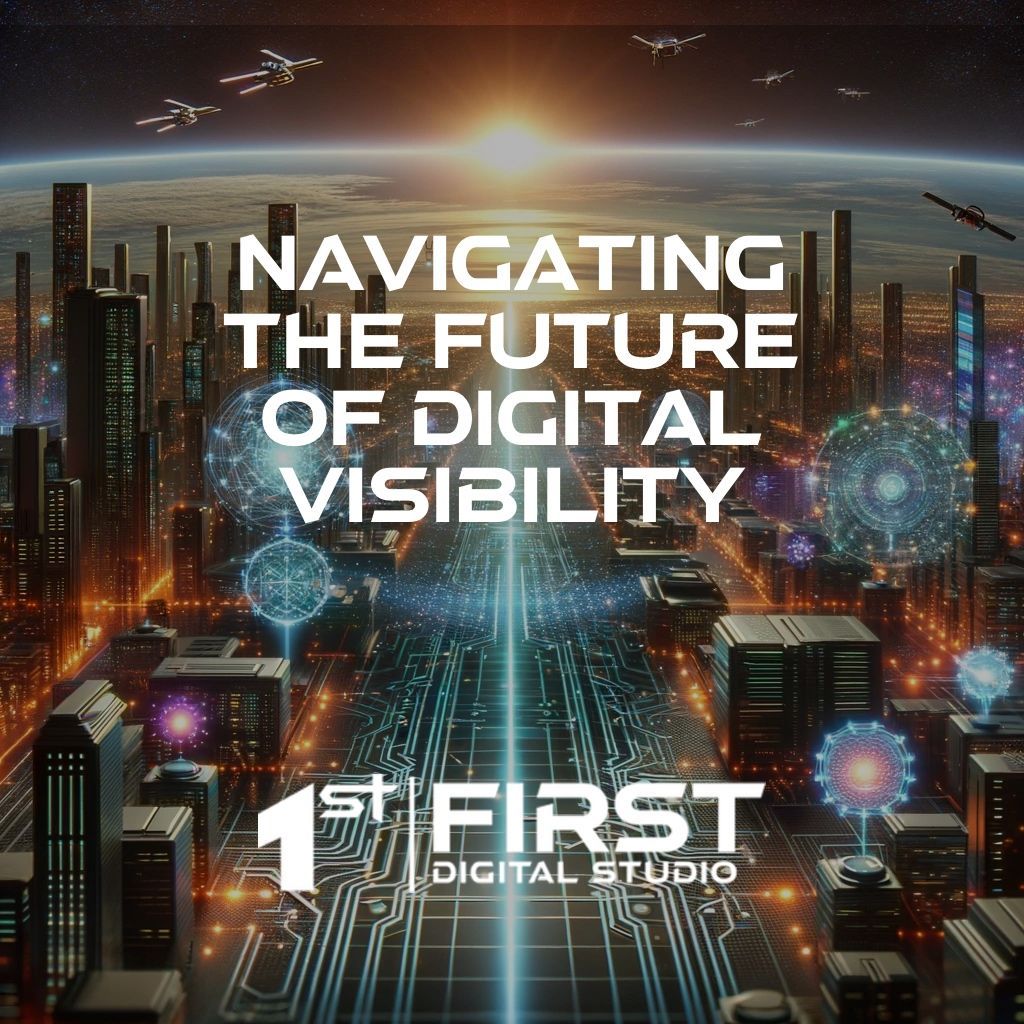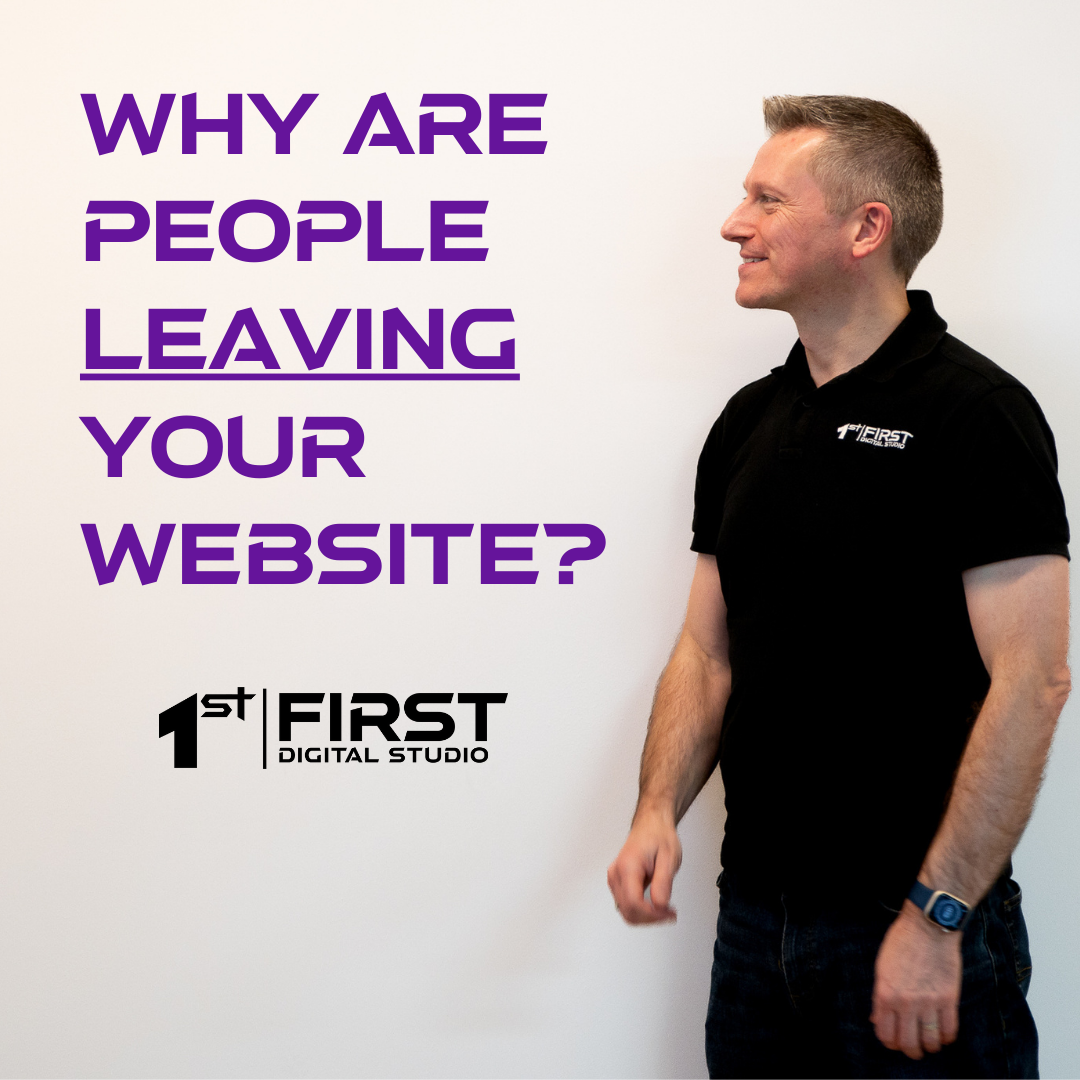Not long ago, developing and executing marketing campaigns involved running print or radio ads, making cold calls, printing brochures and catalogues, or taking out billboard ads. Things have changed considerably with the rise of digital marketing. Power has been put into the hands of small business owners. You no longer have to pay thousands of pounds to get noticed and reach your audience.
What is Digital Marketing Exactly & Why Should You Even Care?

Customers have also been liberated. They can research solutions to their problems, purchase products and services, book appointments, and read reviews – all online.
In fact, over 80% of both B2B and B2C buyers will research online before buying. (Source: GE Capital Retail Bank).
That’s why it is critical that you invest time and resources into digital marketing. Don’t leave it to chance.
What is Digital Marketing Exactly?
Digital marketing uses online channels to market products, services, and brands to current and prospective customers. The five key digital marketing channels are SEO, content marketing, social media marketing, email marketing, and conversational marketing.
SEO
Search engine optimisation (SEO) is a set of practices that can improve the position of your web pages in search results. SEO tactics include pay-per-click (PPC) ads, Google Shopping ads, link-building, on-page SEO, optimised webpage content, and more.
Content Marketing
Content marketing is the process of planning, creating, and publishing content around your core topics and keywords. Examples include infographics, blog posts, videos, and podcasts.
Social Media
Social media marketing uses channels like Facebook, Instagram, and Twitter to market product/services, increase brand awareness, and engage with current and prospective customers. Some examples include regular livestreams, stories, or posts on Instagram or Facebook; carousel ads; sponsored content; or interacting with your audience on social media channels.
Email Marketing
Email marketing allows you to communicate directly with prospects and customers via email. Some examples include newsletters and email series.
Conversational Marketing
Conversational marketing uses channels like SMS, chatbots, and instant messaging to engage with current customers, educate, market products/services, and provide post-purchase customer support.
Why Small Businesses Need Digital Marketing
Digital marketing matters because it is the primary form of marketing for small businesses, and it can help you achieve the following goals (and more!):

Generate more revenue
Digital marketing helps you convert internet audiences into paying customers. It allows you to target people at every stage of the buyer’s journey.
Boost brand awareness
Brand awareness is what motivates customers to choose you over the competition. It encourages loyalty and trust and facilitates connection through your brand’s personality, values, and voice.
Increase lead generation
Lead generation is critical for small businesses. It’s the process of attracting the attention of potential customers and transforming them into prospects for your product or service.
Nurture relationships with customers
It’s more cost-effective to retain a customer than acquire one. Digital marketing allows you to maintain relationships with existing customers so that they become repeat buyers.
Establish yourself as an expert
If you are working to boost your reputation in a specific topic area, digital marketing is essential. Create and share valuable content on your blog, social media, and third-party blogs as a guest blogger.
Increase traffic
Various forms of digital marketing channels and tactics have the ability to drive people to your site.
The Advantages of Digital Marketing
Digital marketing has many advantages over traditional marketing:
It’s Cost-Effective
With traditional marketing, it’s difficult for small businesses to keep up with larger companies. Digital marketing levels the playing field. Many of the tools used to execute on your digital marketing strategy are either free or low-cost. And most of the tactics can be done in-house, with very little expertise or tech skill needed.
For example, if you don’t like writing, you can create ‘Top 10’ lists or infographics; host a podcast or livestreams; record off-the-cuff videos; interact with your followers on social media. All of these digital marketing tactics don’t require a large budget.
And if you stick to organic SEO, you can use techniques like on-page optimisation, guest blogging, and optimised content to boost your Google rank without paying for ads.
If you need some additional help with writing, design, or SEO, First Digital Studio have affordable packages that won’t break the budget.
It’s Global
Small businesses are no longer restricted by their geographic region. Creating an international marketing campaign using traditional methods would be expensive and time-consuming. But with digital marketing, small businesses can reach people from all over the world with a click of a button.
It’s Measurable
Digital marketing comes with countless ways to accurately analyse the effectiveness of your digital marketing efforts. Using analytics from your website, social media pages, email marketing software, content management platform, and more, you can access detailed data about your:
- Leads
- Page views
- Cost per lead
- Conversion Rates
- Likes/Follows/Shares
- Click-through rate
- Returning visitors
- And more!
This allows you to identify what works and what doesn’t in real time, giving you the ability to tweak and adjust right away.
It’s Highly Targeted
Digital marketing gives you the ability to target specific audiences easily and affordably. For example, using email marketing, you can build a list of email addresses and then segment them based on what problem they want solved, demographics, or psychographics. Or, with social media, you can use hashtags, the channel’s analytics or ads, or groups to isolate and target distinct audiences.
You can also target people using specific SEO keywords in your organic and paid SEO.
This allows you to save time and go directly to the prospects who are most likely to buy your product or service.
It’s Personalised
Digital marketing puts you in touch with your customers through social media posts, comments sections, direct messaging, and groups; email; instant messaging; website content; and more.
You have more opportunities to interact with your target audience and establish relationships and loyalty, using the channels they prefer, at any stage of the customer journey.
You can also personalise the communications you don’t initiate. Some examples include greeting chatbot users by first name, personalising email newsletters and follow-up series, and more.
Personalising your messages using traditional marketing is next to impossible, or at the very least, extremely time consuming. Digital marketing makes personalisation easy!
A Digital Marketing Plan is Critical to Small Business Success
Now that you understand the importance of digital marketing and the need to prioritise it, what should you do next?
Many businesses (and probably yours included) immediately jump into tactics. You probably already have social media pages, some SEO copy on your website, or maybe even a blog or e-newsletter.
As with all business endeavours or projects: a strategy is a must. You can’t just jump in. You need to formulate a plan, implement it, and then evaluate.
Choose the Best Digital Marketing Tactics For Your Business
No two businesses are alike. You need to revisit your overall marketing goals, ideal customer profile, and branding so that you can figure out which tactics will be most effective and start executing.
Want to learn how to choose the best digital marketing tactics based on your overall marketing goals, skills, audience, budget, and brand? Contact us here
About Andrew Wilson
Andrew Wilson is a Digital Marketing Strategist and CEO of First Digital Studio Ltd, based in Bicester and Banbury, Oxfordshire. Andrew has 20+ years of experience in ROI-driven digital marketing and web design for small businesses. Also a keen networker in Bicester and Oxfordshire, he's a community leader. His diverse roles, from Aston University to freelancing, underline his adaptability and results focus. Off-duty, he enjoys a cuppa or walks with his dogs.
If you'd like support with creating a simple but effective digital marketing plan for your small business or to learn advanced strategies to get more clients, join our free Facebook group:
Be Seen, Get Clients: AI Lead Generation for Freelancers & Entrepreneurs


Let's talk!
Get in touch with First Digital Studio today to discover how we can help grow your business online
All Rights Reserved | First Digital Studio Ltd | Privacy Policy & Cookie Policy | Terms & Conditions





